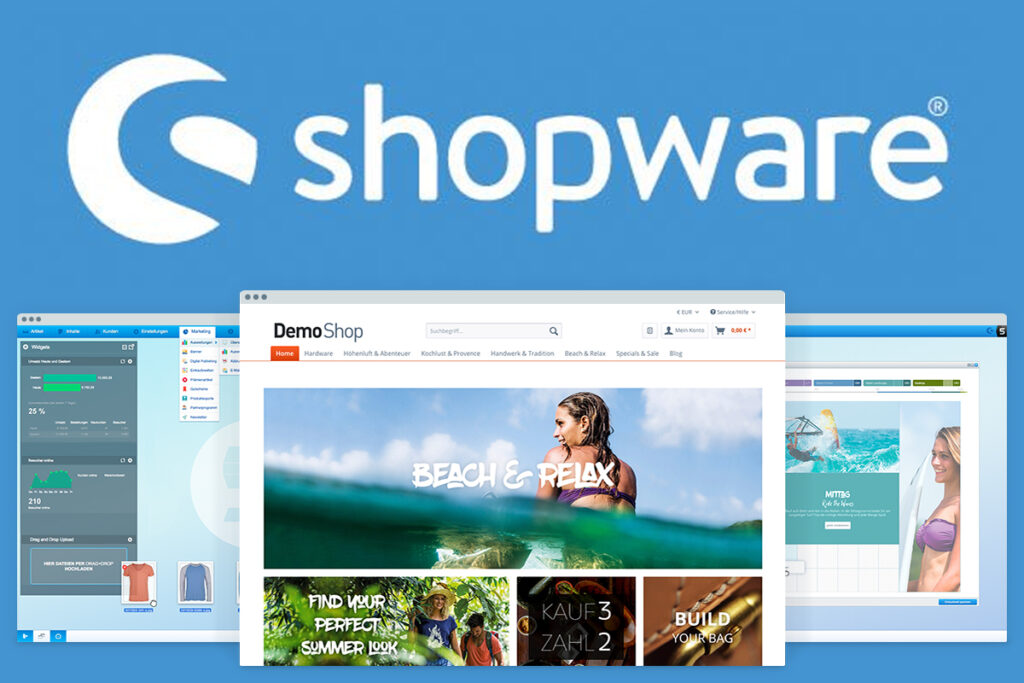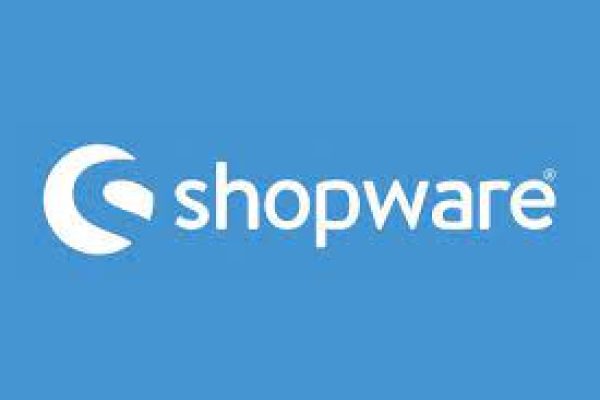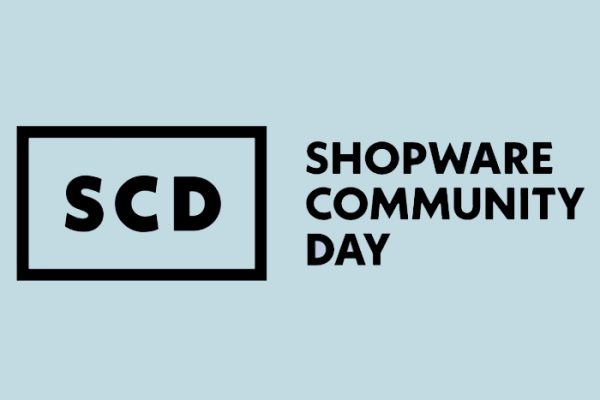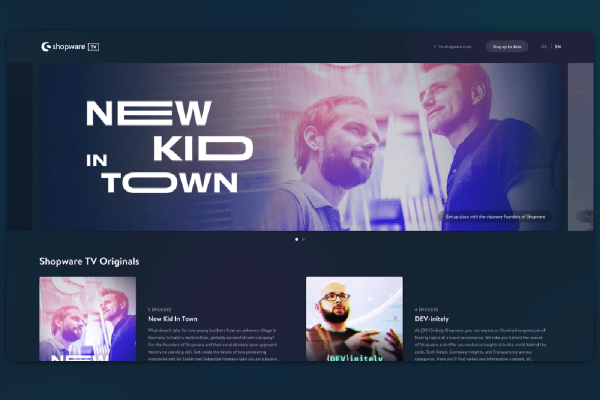Shopware have released the latest version of their ecommerce system, Shopware 5.5, which is available for immediate download. Coinciding with this release, Shopware also made an updated version of the B2B Suite available, positioning the shop system manufacturer even more strongly in the B2B segment.
Shopware 5.5 in brief
- Shopware 5.5 available as a release candidate
- B2B Suite version 2.0 released
- Internationalisation continues
- Intelligent evaluations for shop operators
- Shopware Enterprise Search 2.1 released
The Shopware 5.5 Features
Intelligent statistics
Intelligent statistics is only one of Shopware’s several focus topics. With 5.5, Shopware introduces a free-of-charge feature that enriches aspects of existing information to draw retailers’ attention to relationships of interest, including sales forecasts based on historical and seasonal data and the identification of potential new target groups in the customer structure. Designed to help retailers continuously optimise their online shop, this feature also provides anonymised industry data, making it possible to derive valuable new findings from the comparison. This feature will be continuously developed and provided with new functions in the future.
Internationalisation
The new release also includes a number of enhancements that further optimise Shopware for cross-border commerce. Retailers selling abroad now have more robust tools for handling different tax rates, along with better translation options in the backend. Forms no longer need to be copied if they are to be used for other countries or languages. Shop pages can now also be translated directly from one central point, eliminating the need to create and map shop page groups. The greatest simplification is likely the translatability of the categories. The fact that entire categories can be easily stored in multiple languages makes it unnecessary to duplicate individual categories or entire family trees for sub/language shops. Last but not least, retailers can now optimise the language playout and help Google better understand language variants by setting the hreflang tag in the page source code.
Update with greater performance
As is the case with every new version, there have also been several upgrades under the hood. The integration of Elasticsearch offers a performance boost in the backend for all major entities, including products, orders and customers. The shopping cart was reworked and shows a clear performance boost in load tests, even with extremely high order quantities. Caching is now possible for time-controlled content, as the cache can be automatically invalidated at any interval. In addition, improvements have been made to the cache warm-up, allowing for a prioritised and faster warm-up, as well as the caching of several URLs. A number of technologies were also updated; version 3.4 of the framework Symfony was installed along with jQuery updates. In addition, compatibility with Elasticsearch 6 is now available.
The B2B Suite 2.0 and Enterprise Search in detail
Customer-specific product numbers
When a customer places an order in a shop that uses the B2B Suite, it is possible to store individual product numbers for them. The advantage is that the customer can work with the product numbers they use in their own inventory management system. It’s possible to import these product numbers using a CSV file, Excel upload or by creating a definition in the customer’s account.
Rights and roles
The creation and maintenance of users or contacts has been in place since the last version. However, with version 2.0, Shopware put the issue of user rights to the test and restructured it. The comprehensive rights and roles management feature gives customers the option of specifying and restricting the rights of their own employess with a high degree of precision. Hierarchies were introduced, which greatly simplify handling in particular. The complete corporate or organisational structure can now be mapped using a tree structure. The added value of this representation provides an improved overview and simplified handling.
Offer management
With the new offer management feature, customers can request individual offers when placing an order. When the customer’s shopping cart contains all desired items, they have the option of clicking a “Request offer” button, which opens a new window where they can propose a new price and leave a comment. The shop owner can then accept, edit or reject the new offer in the backend. Finally, the customer receives the new offer for re-confirmation.
Shopware Enterprise Search
Giving retailers more control, the updated version of the Enterprise Search – version 2.1 – makes it possible to exclude products from the suggested search results. Among the numerous improvements, retailers can now index subshops that have been deactivated or recently created. Moreover, content page descriptions can now be searched.
Summary
With the new release candidate, Shopware continues to pursue its internationalisation strategy and offers new features that remove particularly tedious tasks from previous versions. The introduction of intelligent statistics significantly enhances existing data to provide retailers with tools they can use to continuously optimise their online shop. The updated B2B Suite proves that the shop system manufacturer is also working at full speed in the enterprise segment. The upgraded Enterprise Search now provides an even faster and more versatile search in the shop.









